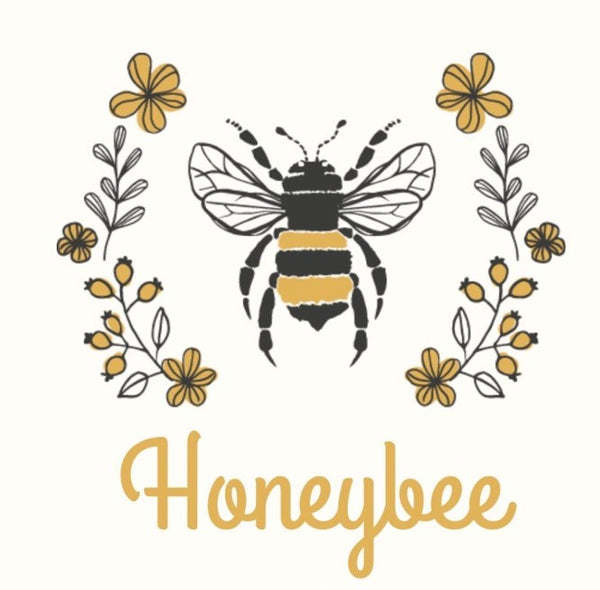{Thanks to Emma at getgardening.info for the following guest post!}
Gardening can be a relaxing and rewarding hobby, but it can also be an overwhelming prospect when you’re just starting out. It’s easy to get lost in the details when there are so many options to consider. Below, Honeybee Vintage provides essential advice for planting and tending to your first garden. Whether you have a large backyard or a small balcony, we’ll cover everything you need to know as a novice gardener!
Understand Your Property Lines
The first step is to gain a clear understanding of your property lines. Before getting started, make sure you know where your property begins and ends. This is critical because you don’t want to unintentionally plant your garden on someone else’s property.
You can get your property lines marked by a surveyor, which is the most accurate measure for determining precise boundaries and restrictions. You can also look your property lines up on your local government website.
Choose a Location for Your Garden
Once you know where your property lines lie, you’ll need to select a location for your new garden. Factor in your garden's exposure to the sun. Most vegetables need at least six hours of direct sunlight a day, so pick a spot that gets plenty of sun. Also, make sure the location has good drainage and is close to a water source.
Determine What to Grow
Now that you’ve chosen a location, it’s time to determine which crops to grow. When starting out, it’s best to start small and grow what you’d like to eat. Consider the size of your garden, how much sun it gets, and your family's preferences. Tomatoes, lettuce, zucchini, peppers, and herbs are some excellent vegetables for beginners.
Boost Soil Quality
Healthy soil is the foundation of any healthy garden. You’ll want to test your soil pH and nutrient levels before planting. You can do this by purchasing a soil testing kit online or at your local garden center.
Once you know what your soil needs, you can amend it with organic matter like manure and compost. Doing so will boost soil quality while providing essential nutrients for your plants.
Invest in the Right Tools
Using high-quality tools can make all the difference in your gardening experience. You don’t need to break the bank, but you do need some essential tools to successfully and smoothly manage your garden. A few to start with include:
- Shovel
- Hoe
- Rake
- Trowel
- Watering can
- Gardening gloves
You might also want to consider getting kneepads and a hat to protect yourself from the sun.
Keep Your Garden Thriving
Finally, maintaining a healthy garden is critical for ensuring the growth and vitality of your plants. Here are eight tips to help you along the way:
- Water your plants regularly to provide enough moisture without overwatering. Be mindful of the specific water requirements of different plants.
- Remove weeds promptly to prevent them from competing with your plants for nutrients and sunlight.
- Apply a layer of mulch around your plants to suppress weed growth, retain moisture, and regulate soil temperature.
- Use organic fertilizers or compost to nourish your plants and improve soil fertility. Follow the recommended application rates for each plant type.
- Regularly prune and trim your plants to promote healthy growth, remove dead or diseased branches, and maintain their desired shape.
- Monitor your garden for pests and take appropriate measures to control them. This may require you to use natural remedies such as insecticidal soap or introduce beneficial insects like ladybugs.
- Ensure your plants receive adequate sunlight according to their specific needs. If necessary, relocate them to areas with better sun exposure.
- Give your plants enough space to grow and avoid overcrowding, which can lead to poor air circulation and increased risk of diseases.
Starting a garden can be highly enriching, especially if you’re a novice gardener who is new to the bounty of benefits it brings. By knowing your property lines, picking the right location and crops, improving soil quality, and getting the right tools, you’ll be well on your way to a flourishing garden. Gardening takes time and patience, but you’ll enjoy the fruits of your labor in no time!
Would you like to read more helpful content or browse our antiques and home decor? Visit HoneybeeVintageAlton.com today!


